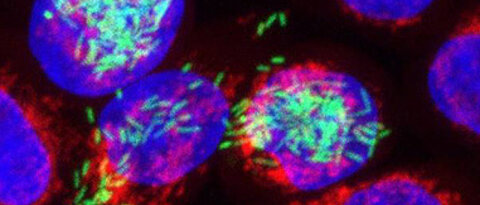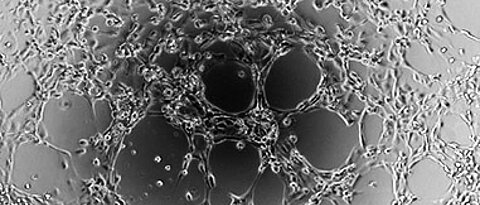
A new approach pioneered by researchers at the University of Würzburg may prove to be a big step forward in the study of the molecular basis of infectious diseases. For the first time, the scientists have shown in detail which genes are activated or repressed in both the pathogen and in the host cell during an infection. The results are published in the journal Nature.
more






